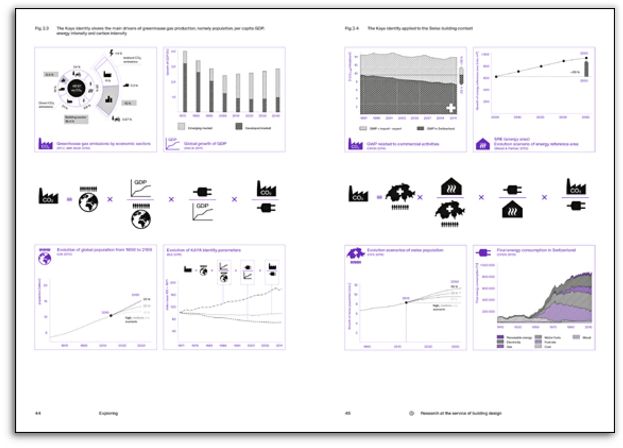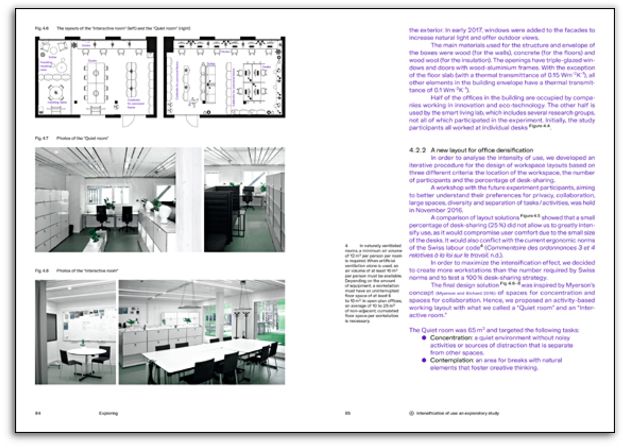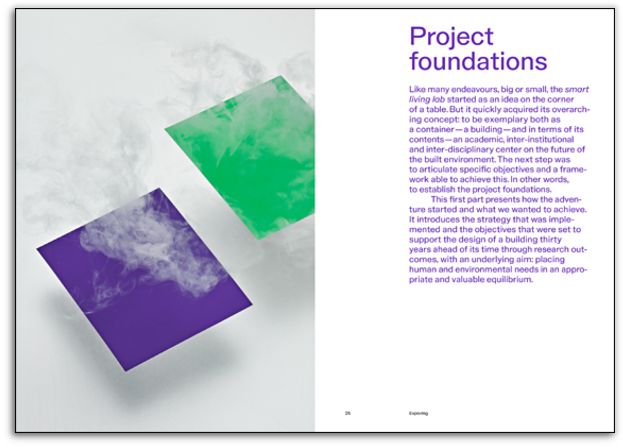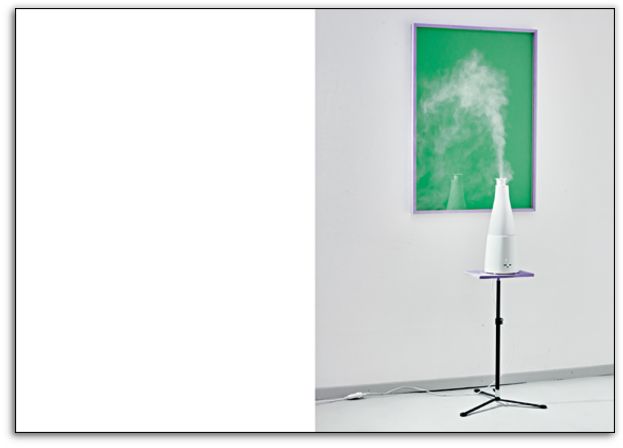Exploring
Research-driven Building Design. Towards 2050
GVA Gemeinsame Verlagsauslieferung Göttingen
GmbH & Co. KG
Postfach 2021
37010 Göttingen
Deutschland
+49 551 384 200 0
info@gva-verlage.de
Der Gebäudesektor trägt einen grossen Teil zum Ausstoss von Treibhausgasen und zum Energieverbrauch bei. Das Smart Living Lab setzt sich zum Ziel, Strategien zur Verbesserung der Energie- und CO2-Bilanz bei Gebäuden zu erarbeiten. Als gemeinsame Forschungsplattform der École Polytechnique Fédérale de Lausanne, der Haute école d’ingénierie et d’architecture Fribourg und der Université de Fribourg vereint das Smart Living Lab disziplinenübergreifende Forschung zu nachhaltigen Konzepten und Technologien im Bereich der gebauten Umwelt in einer experimentellen und emblematischen Struktur auf dem ehemaligen Cardinal-Areal in Fribourg.
Der zweite Band der vierteiligen Buchreihe Towards 2050 über dieses einzigartige Projekt, Exploring: Research-Driven Building Design, präsentiert die Resultate der zweijährigen Forschungsarbeit und fokussiert auf konkrete Lösungen für ein Gebäude, das die anspruchsvollen Ziele der 2000-Watt-Gesellschaft erreichen soll.







